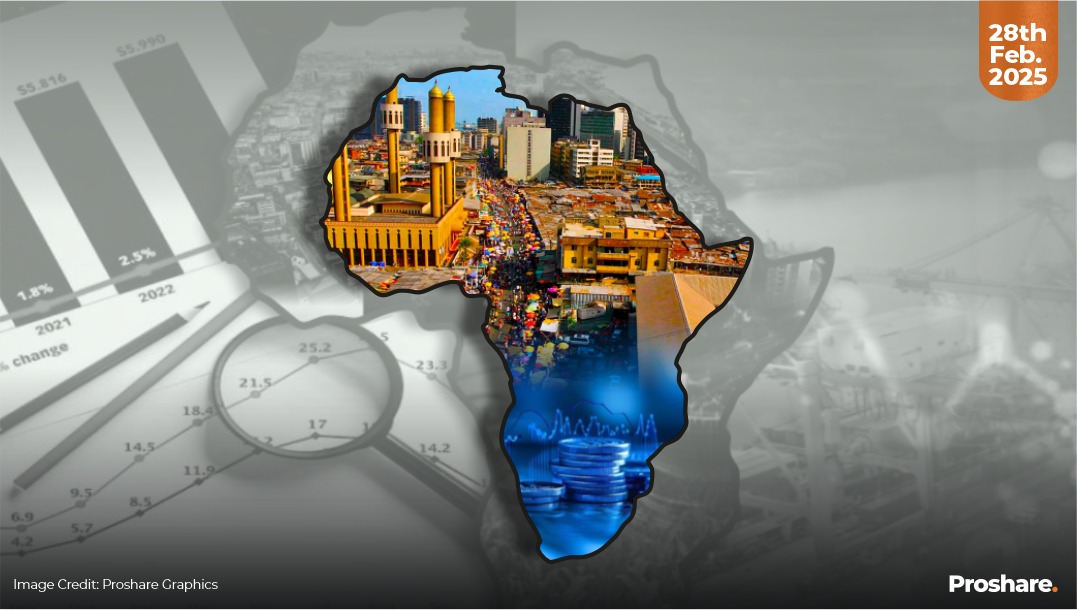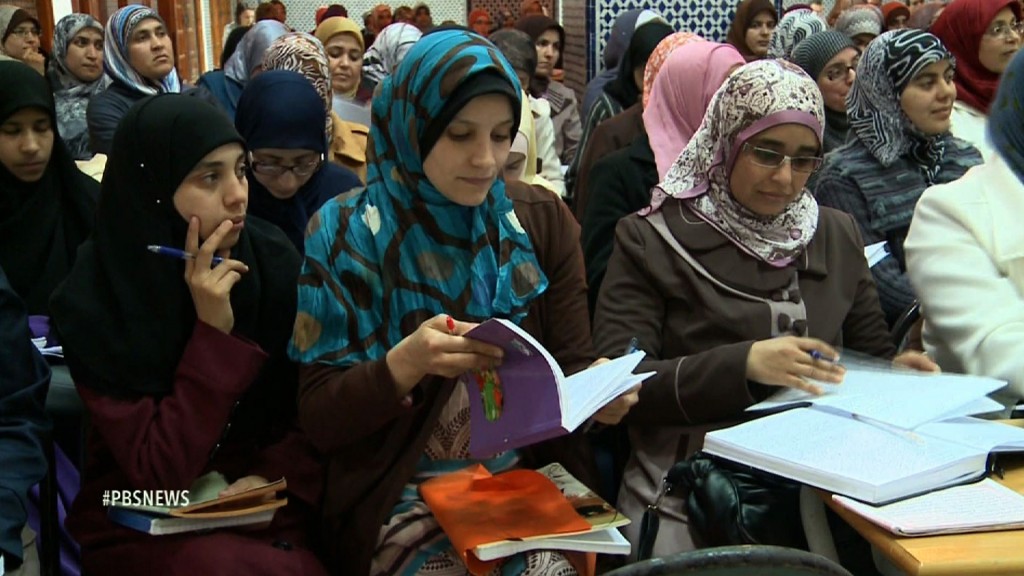African economies are pivoting strategies in response to renewed U.S. tariffs, leadership transitions, and escalating regional conflicts, forcing a recalibration of trade relationships across the continent.
The Trump administration’s tariff policies have particularly impacted countries that have historically benefited from the African Growth and Opportunity Act (AGOA), which provided preferential access to U.S. markets. Nations like Lesotho and South Africa are now seeking alternatives by strengthening regional trade through the African Continental Free Trade Area (AfCFTA) and pursuing new bilateral agreements.
Trade experts anticipate reduced export earnings for AGOA beneficiaries, prompting affected countries to diversify their economies, reinforce regional supply chains, and engage in strategic diplomacy. Some nations are exploring legal challenges and multilateral forums to secure more favorable trade terms as they adapt to the new economic reality.
In Namibia, the country’s first female president is implementing comprehensive reforms to position the nation as a Southern African trade and logistics hub. Her administration’s approach includes structural trade reforms, investment in logistics infrastructure, and strengthened regional market ties—a strategy that could become a blueprint for other African nations seeking economic resilience amid external pressures.
Meanwhile, security challenges continue to disrupt local economies in conflict zones. In eastern Democratic Republic of Congo, Lake Kivu’s fishing industry has been severely impacted by the M23 armed group’s activities around Bukavu. Fishermen now operate under constant threat, resulting in sharply increased prices for Sambaza fish, a regional staple.
This insecurity has deepened poverty and threatens food security for thousands of households dependent on fishing for their livelihoods, illustrating how regional conflicts compound economic challenges facing the continent.
As African leaders navigate these complex pressures, their responses reflect a growing emphasis on self-reliance, regional integration, and strategic diplomacy—adaptations that may reshape the continent’s economic landscape in the coming years.



